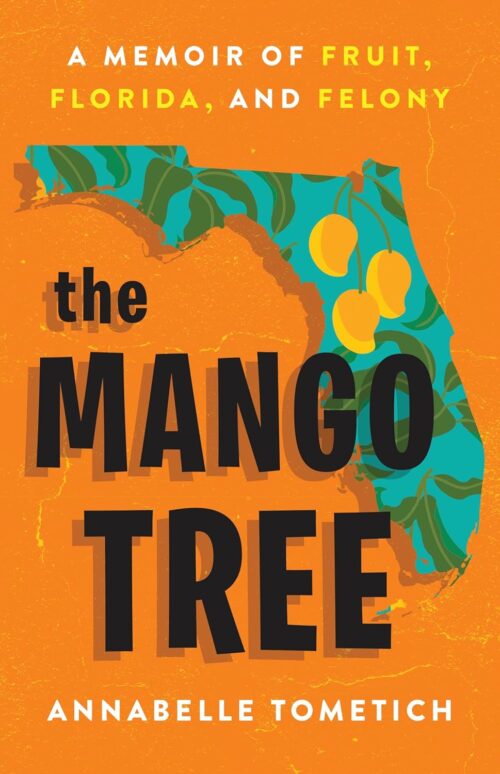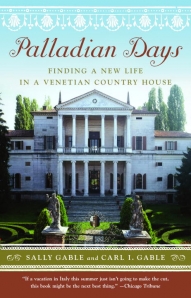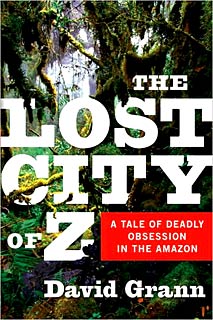This review contains affiliate links, which earn me a small commission when you click and purchase, at no extra cost to you. Thank you for supporting my small business and allowing me to continue providing you a reliable resource for clean book ratings.
Annabelle Tometich is taken off-guard when her mother, Josefina, calls her one morning from the county jail. The newspaper food critic learns that her mom has been arrested because she shot at the car of a man who was taking mangoes off her prize tree. When she shares that information with her brother and sister, they get it. No one, but no one, messes with their mom’s mango trees.
Tometich’s memoir of growing up with a sometimes-manic Filipino mother in southern Florida begins and ends with the criminal case. But the book isn’t about the case; it’s about the woman behind it.
The author writes about being a lifelong Fort Myers resident raised by a shiftless white father and an immigrant nurse. While all she’d ever known was Lee County, the author looked strongly Asian and “other” to those around her. So for much of her life, Tometich was trying to figure out where she belonged, a very common theme in books I’ve read by and about mixed-race people.
Tometich shares about the big fights her parents had — until her father died when she was just 9. She relates how her mother clearly missed her family and land of birth and kept trying to bring them and some parts of it to south Florida. Hence the mango trees: she planted seeds from mangoes they bought every year at an orchard and nurtured them until she finally had one successfully take root and produce her favorite fruit.
Just with that, it’s clear Josefina was a determined woman. She was also hard-working and very smart. She had a vision for her life and those of her children. And she did all she could to make things happen the way she planned.
Tometich stood out, and her family stood out, in their area and in their neighborhood. Of course, as a child and young woman, she just wanted to fit in. And she writes so well about the resulting constant conflicts.
In many ways, it’s difficult to “like” Josefina as her daughter relates all she did and said to her husband and children (and others) over the years. She could be violent and was often harsh; after the author’s young childhood, she doesn’t remember her mother saying “I love you.” But it is possible to admire Josefina, what she built for herself and her family, her strength and dedication.
The Mango Tree is a cut above other memoirs thanks to Tometich’s excellent writing. She has a real gift for bringing to vivid life the setting of the book and her experiences. I enjoyed it because I’ve been to the area several times and could picture it as I read, and I appreciated the pictures she paints of the Philippines, when she visited with her mother and siblings.
My husband is Filipino and grew up in the US as well, so I could appreciate a bit more what Tometich wrote about being a Filipino-American and her descriptions of the place and life that were technically so foreign to her on those visits: the many family members crowding around as Josefina handed out small American bills and treats to young cousins, nieces, nephews. The food, the scenery, the grandparents’ house, complete with a closet-sized shop at the back where they sold goods brought or sent to them from the US. The balikbayan boxes packed to the gills with those things.
All of it is just as colorful as the mangoes, the brightly painted houses, the blue swimming pools. The Mango Tree is a fascinating and well-written book.
Rated: High. Profanity includes 27 uses of strong language, around 60 instances of moderate profanity, 25 uses of mild language, and 30 instances of the name of Deity in vain. There are a few instances of domestic violence (a couple fighting) and one instance of a parent repeatedly hitting a child with a hanger. There are also references to a woman shooting and killing squirrels with a BB gun and shooting at a car with the BB gun. A man commits suicide.
Click here to purchase your copy of The Mango Tree on Amazon.




